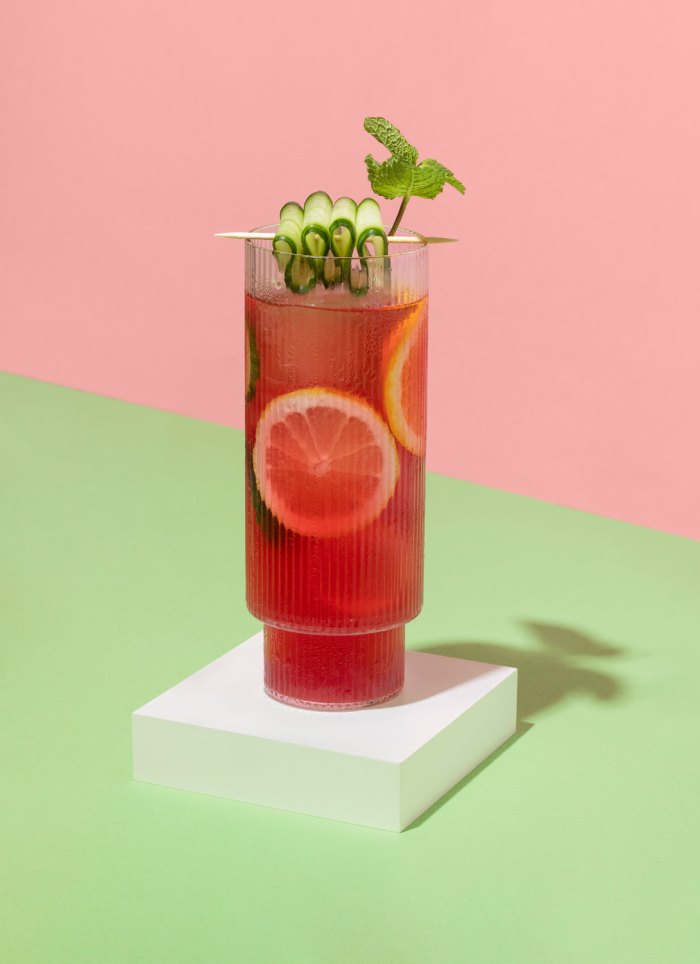Search this site
Mouthwatering Recipes from the ‘Afro Vegan’ Cookbook


“My dad was a huge foodie,” the British-Nigerian creative director, food stylist, and writer Zoe Alakija tells me. “He was humorous and kind, and everyone was always welcomed at our table.” She grew up in Ibadan, Nigeria, spending countless Sundays watching and helping him barbecue.
“We have a massive terracotta barbeque that lives underneath a cabana in the garden,” she remembers. “It must be over 25 years old, so it is very loved! We’d all help in some way, which was part of the fun, though it was overlooked by our kitchen window, so my dad could keep an eye out to see if we were manning it properly.
“Ibadan is essentially one big family, so there would always be tens of people over for lunch, which was perfect because we loved cooking for a crowd. Barbeque days meant Teddy Pendergrass on loud speaker, lots of Maltina (a fizzy malt drink), Star beer, boli (barbequed whole plantains), meats, corn, Jollof, of course, and Fan-Milk ice-cream to finish it all off.”
Afro Vegan: Family recipes from a British-Nigerian kitchen, is Alakija’s first book. In its pages, you’ll find dozens of her plant-based fusion recipes, each inspired by her heritage and childhood memories, from asaro-stuffed sweet potatoes and suya-battered vegetable kebabs to hibiscus and mint chocolate bark and nutty plantain brownies. She created all of the mouthwatering photographs herself.
The artist’s love for animals, like her passion for food, can be traced back to Ibadan. “Pets were something we were never short on at home,” she explains. “We have a farm in Oyo, which we just call Oyo farm, so we were able to look after a range of gorgeous animals. I’d say just being around them and being given that immense responsibility of looking after another living being from a young age naturally instills a passion for animals and their welfare.
“Of course, being around a farm too makes you constantly think about the reality of meat and other animal products, how these products are made and where they come from. It’s become a bit too easy in the modern world to compartmentalize the things you eat as long as they taste good, and we often forget (or rather are hesitant to think) that animal products come from living beings, who want to enjoy long happy lives, not unlike our household pets. Growing up on a farm with a very ‘farm to table’ lifestyle really breaks down any dissociation you might have between the living thing and whatever is on your plate.”
Now based in London, Alakija included many of her family’s longtime favorites in the book, including her mother’s groundnut stew and her aunt Keffi’s fresh coconut chips. “I can’t hear the words ‘garnish’ without hearing them in my aunt’s voice,” she admits. “She helped look after us for a while after my dad passed, so we cooked a lot then, and her favorite thing to say when cooking was always ‘garnish, garnish, garnish!’” Kwaku, whose hot sauce features in the book, was also touched to have the sauce included. “He’s been making it for as long as I have known him (my whole life),” Alakija says. “It’s fresh, hot, tangy, goes with everything and can be adjusted to suit different tastes.”
Of course, there are drinks, too. “The Nigerian Chapman is a really special recipe for me,” the artist tells us. “We were only allowed it on special occasions, so when we were out for dinner, out with friends, or on the way to Agaja beach. It’s still the first drink I’ll order when in Nigeria, but you can make it wherever you are in the world. It’s fizzy and tart, and some say slightly reminiscent of an English Pims. To me, though, it’s Nigerian through and through.”
Alakija dedicated the book to her father. Afro Vegan: Family recipes from a British-Nigerian kitchen by Zoe Alakija is published by Hoxton Mini Press. Get your copy here.








